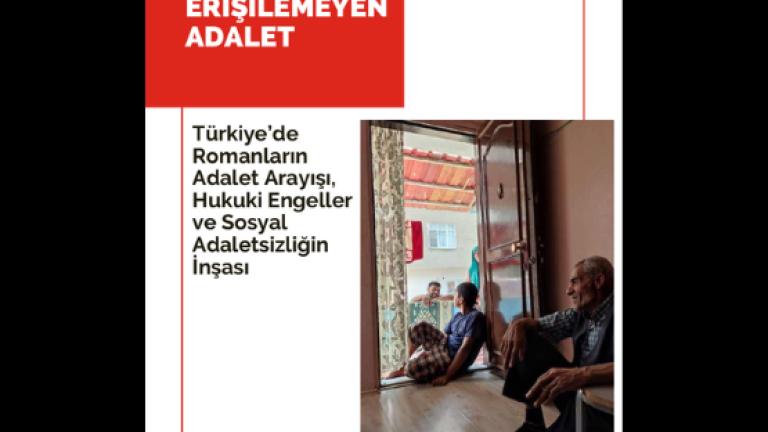The report on Women's Labor Force Participation in Turkey: Trends, Determinants and Policy Framework, prepared jointly by the World Bank and the Republic of Turkey Prime Ministry State Planning Organization (DPT), has been published.
The report aims to explore why female labor force participation in Turkey is low compared to EU and OECD averages and why it continues to decline. In this context, this report aims to contribute to the policy framework for promoting female labor force participation.
There are striking data in the report, which was contributed by many public institutions and academics from the experts at the World Bank and the State Planning Organization. It is stated that as of January 2009, the IGK rate of women in Turkey is 23.5 percent, whereas the average IGK rate of women in the Organization for Economic Cooperation and Development (OECD) and European Union (EU)-19 countries is 62 percent and 64 percent, respectively, as of 2007.
In the report, it is stated that most of the women in Turkey want to work, but they face some difficulties that prevent them from working. It is stated that women without a university education, especially in urban areas (where most of the new immigrants live), often work in jobs with low wages, long and harsh working hours, and no social security.


STGM YouTube Channel
On the STGM YouTube Channel, you can find various tutorials, presentations and current discussions on civil society. Check out our channel now and subscribe.






